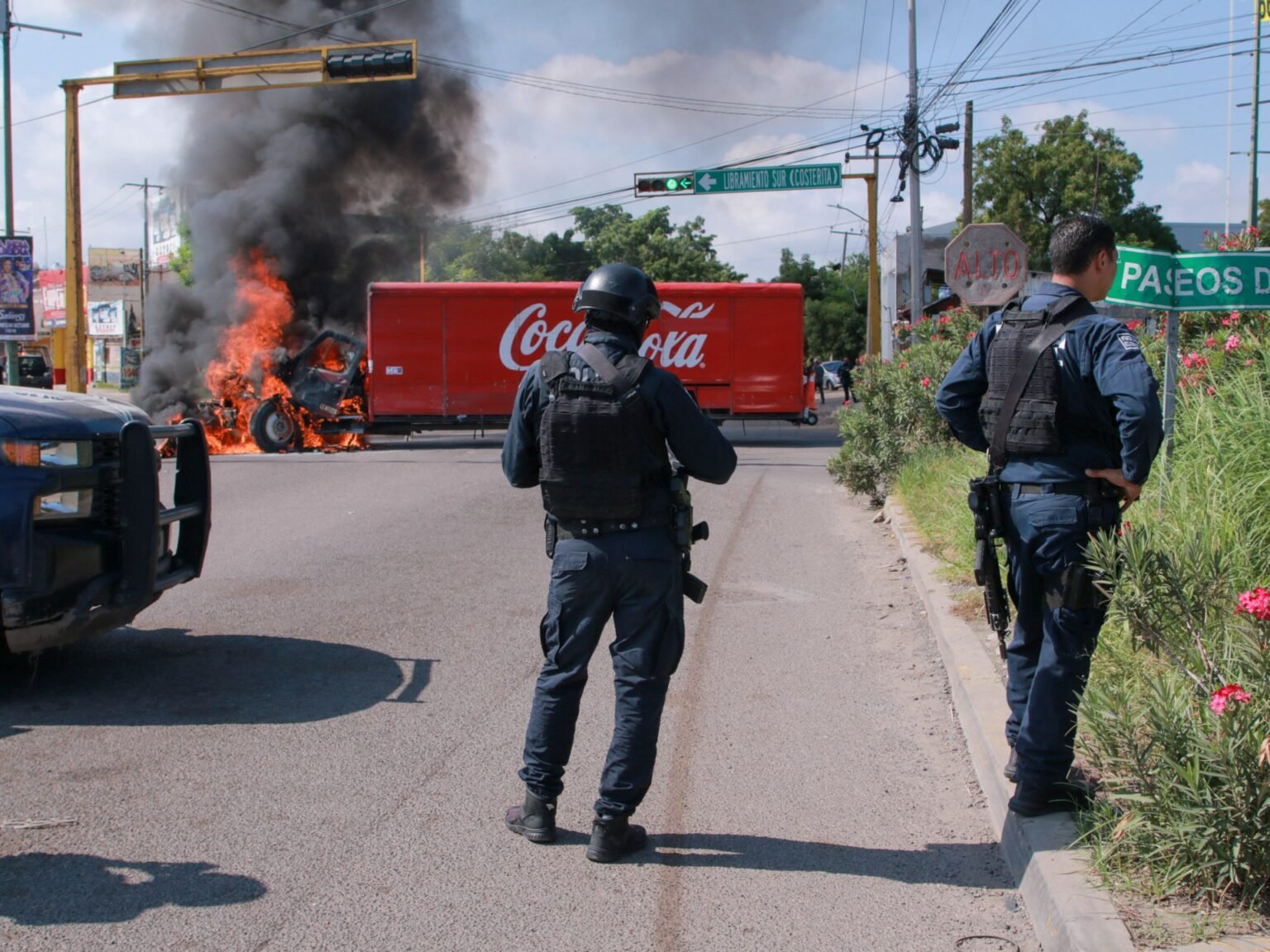Violence in Mexico’s northwestern state of Sinaloa has escalated, with reports of at least 10 more people killed, bringing the total number of casualties to over 100. This surge in violence is a result of clashes between rival cartel factions, exacerbated by the recent arrest of Sinaloa Cartel co-founder Ismael “El Mayo” Zambada in the United States. The arrest is believed to have triggered an internal power struggle within the cartel, leading to increased bloodshed and gruesome violence in the region, particularly in the capital city of Culiacan.
Since September 9, around 70 people have been killed in Sinaloa, with most of the violence occurring in Culiacan. Another 51 individuals are reported missing as a result of the ongoing clashes. Multiple incidents on Saturday, including shootouts between police and alleged hitmen, and armed attacks on security agents, resulted in the deaths of three suspected gunmen and injuries to two soldiers. Governor Ruben Rocha Moya confirmed the incidents and the subsequent deployment of 600 soldiers by the federal government to reinforce security in the state.
In response to the escalating violence, Rocha met with President-elect Claudia Sheinbaum in Mexico City to discuss the situation. Seven additional deaths were reported, with the bodies of five individuals left in the street, presumably as a message of intimidation to the warring factions. The exact circumstances of the two other deaths are unknown, as authorities have yet to comment on the incidents. The unrest is believed to stem from rival factions within the Sinaloa Cartel, with gang members loyal to El Chapo and his sons facing off against those aligned with Zambada.
Zambada, aged 76, was arrested in late July and claims he was kidnapped in Mexico before being handed over to US authorities. The arrest of Zambada, along with Joaquin Guzman Lopez, son of Sinaloa cartel co-founder Joaquin “El Chapo” Guzman, has further exacerbated tensions within the cartel. President Andres Manuel Lopez Obrador, who is set to leave office soon, has partially blamed the US for the violence in Sinaloa, accusing the country of unilaterally planning Zambada’s capture. However, the US Ambassador denied these claims, stating that the US cannot be held responsible for the violent massacres occurring in various places.
The ongoing conflict in Sinaloa highlights the complex dynamics of cartel violence in Mexico, as rival factions vie for control and supremacy. The deployment of additional security forces by the federal government underscores the seriousness of the situation and the need to address the escalating violence. With no immediate end in sight to the clashes between cartel factions, the region remains volatile and unsafe for residents caught in the crossfire. The repercussions of these violent power struggles extend beyond Sinaloa, posing challenges for law enforcement agencies and governments at both local and national levels in combating organized crime and ensuring the safety and security of citizens.

